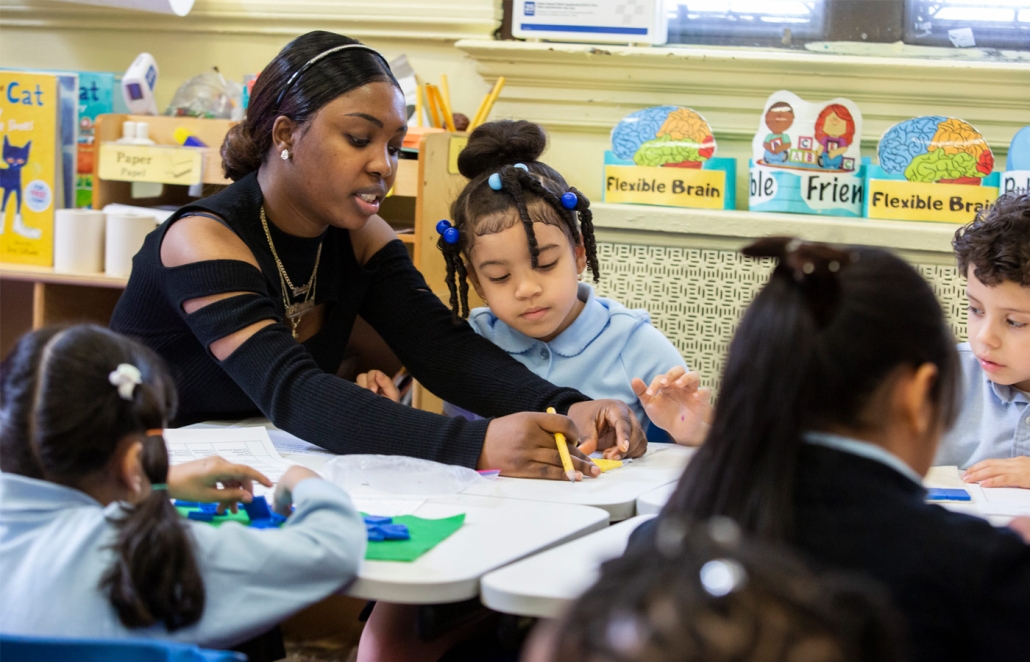
ASD Program
At NCS we have a fully inclusive program for autistic students. Our program provides highly rigorous academic instruction paired with social, sensory, and behavioral supports to provide an inclusive environment for all students. Our ASD program serves students with average or above average cognitive abilities with the ASD diagnosis. Within our program we offer: smaller class sizes, two lead teachers in every room, small group social instruction within “Social Club”, and family support and education. Our goal is to provide a supportive learning environment to ensure our students’ needs are met in order for them to meet their full academic potential.
Please click here to see if your child would be a good fit for the NCS ASD program.
Social Club
Social Club is a small group interactive session led by speech-language pathologists intended to support improving social competencies. All scholars in the NCS ASD program participate in Social Club, as well as scholars that meet the criteria for social-communication needs. Social Club sessions largely use frameworks and methodologies from Social Thinking®, an educational company created by founder Michelle Garcia Winner that strives to promote improved social competencies in persons with social cognitive learning challenges. In these sessions students work on concepts such as: perspective taking, understanding thoughts and feelings of themselves and others, becoming a flexible thinker, and more!
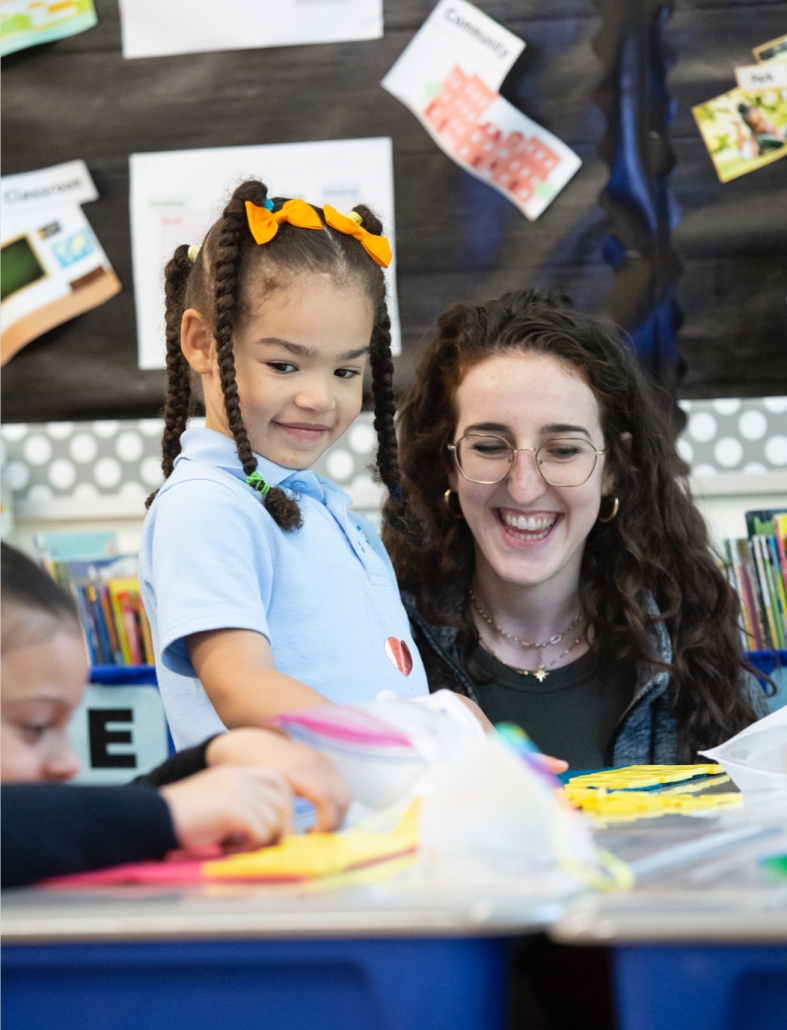
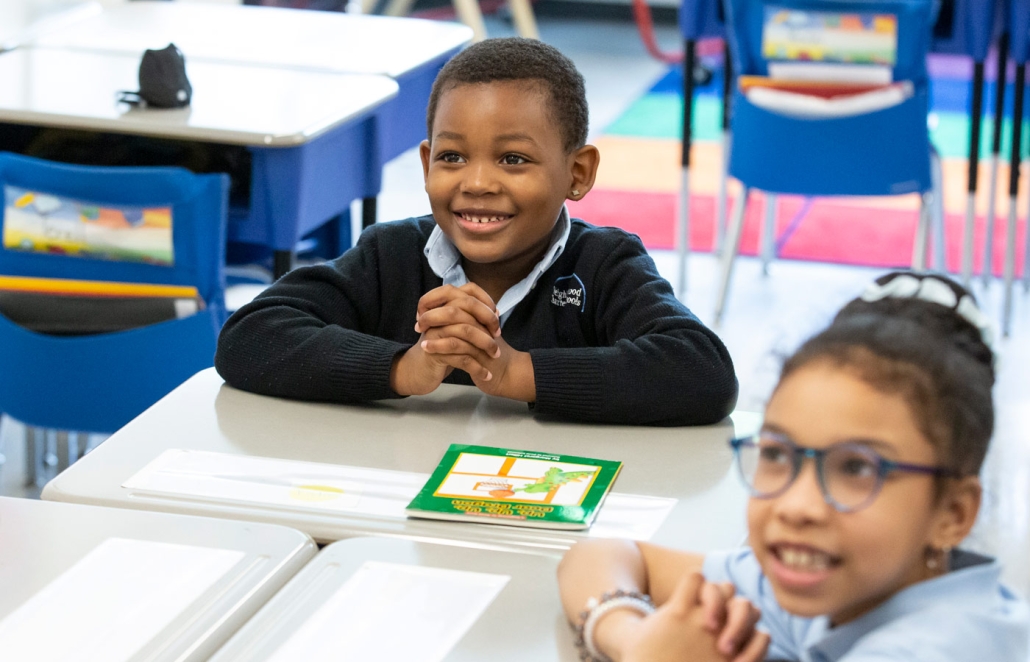
Co-Teaching
Every classroom at NCS is co-taught by two lead teachers. Our teachers use a variety of different models throughout the day to meet student academic, social, and behavioral needs. Our leadership teams help to coach teachers around the utilization of different models to help meet the individual needs of the students within each classroom.
BRIDGE
The purpose of the BRIDGE program at NCS is to address the unique needs of scholars who require more instructional support in ELA and math than an ICT classroom. This program gives scholars a chance to receive the individualized and foundational support they need while still participating in an inclusive program throughout the day. Our program allows students to feel successful within academics and foster a love of learning in school while also addressing gaps within content knowledge and skills. Students receive instruction within the BRIDGE classroom multiple times throughout the day depending upon which subjects they need additional support.
Our BRIDGE teachers utilize different programs and modalities to address foundational skills and grade level standards to fill in knowledge gaps, build student access to grade level content, and create an environment where students feel successful. Instruction is planned and developed through data study to ensure that individualized student needs are being met.
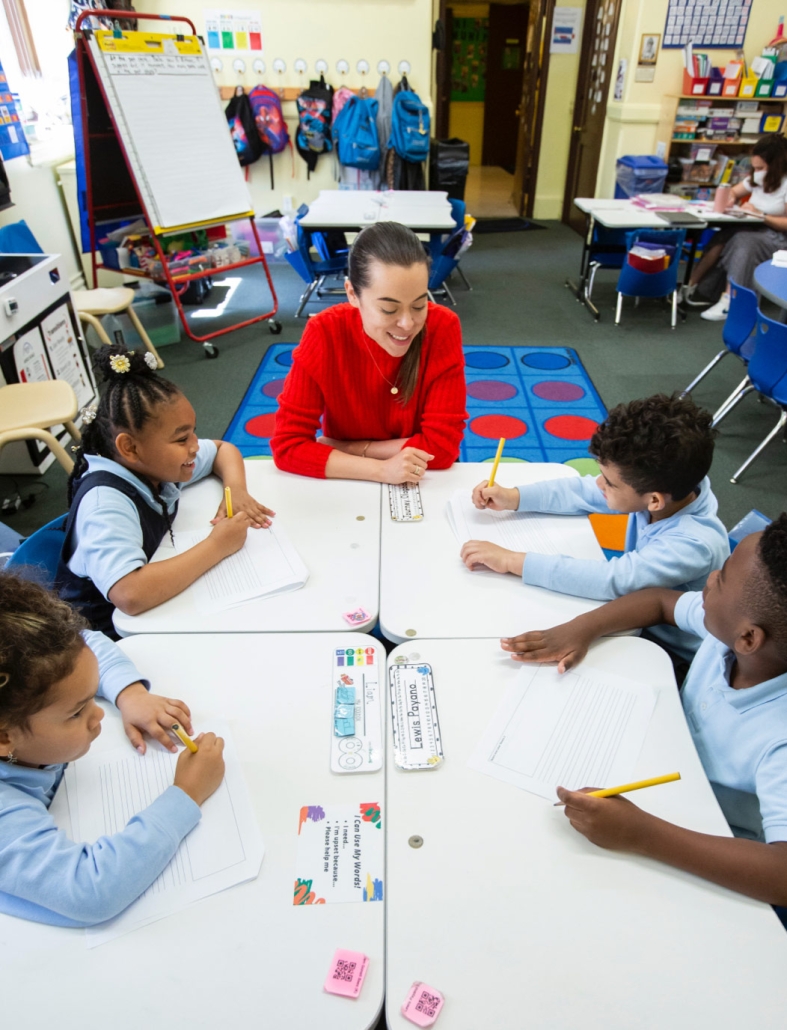
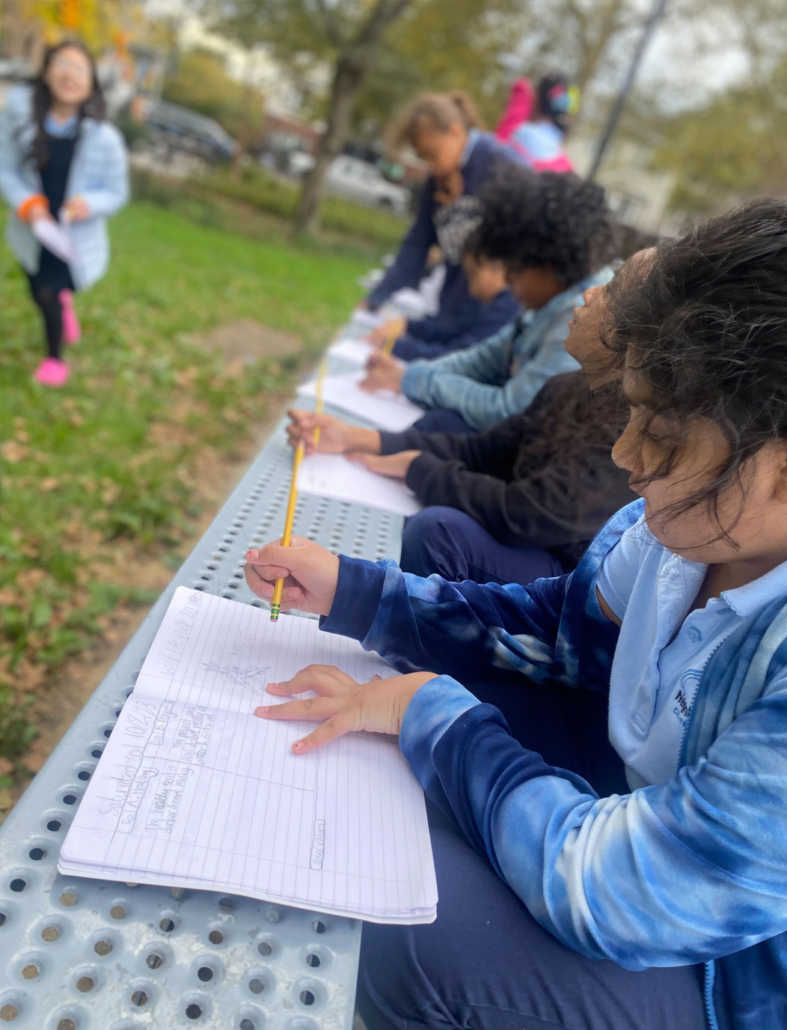
Multilingual Learning (MLL program)
Tailored to address the unique needs of students speaking more than one language, our program provides targeted support in listening, speaking, reading, and writing. We strive to bridge language gaps, ensuring academic success in English while fostering a connection to each student’s background and culture.
The MLL program’s criteria prioritize the Least Restrictive Environment (LRE), offering specialized support to students scoring entering, emerging, or transitioning on NYSITELL. We also consider students from bilingual households facing academic challenges, ensuring an inclusive and supportive environment.
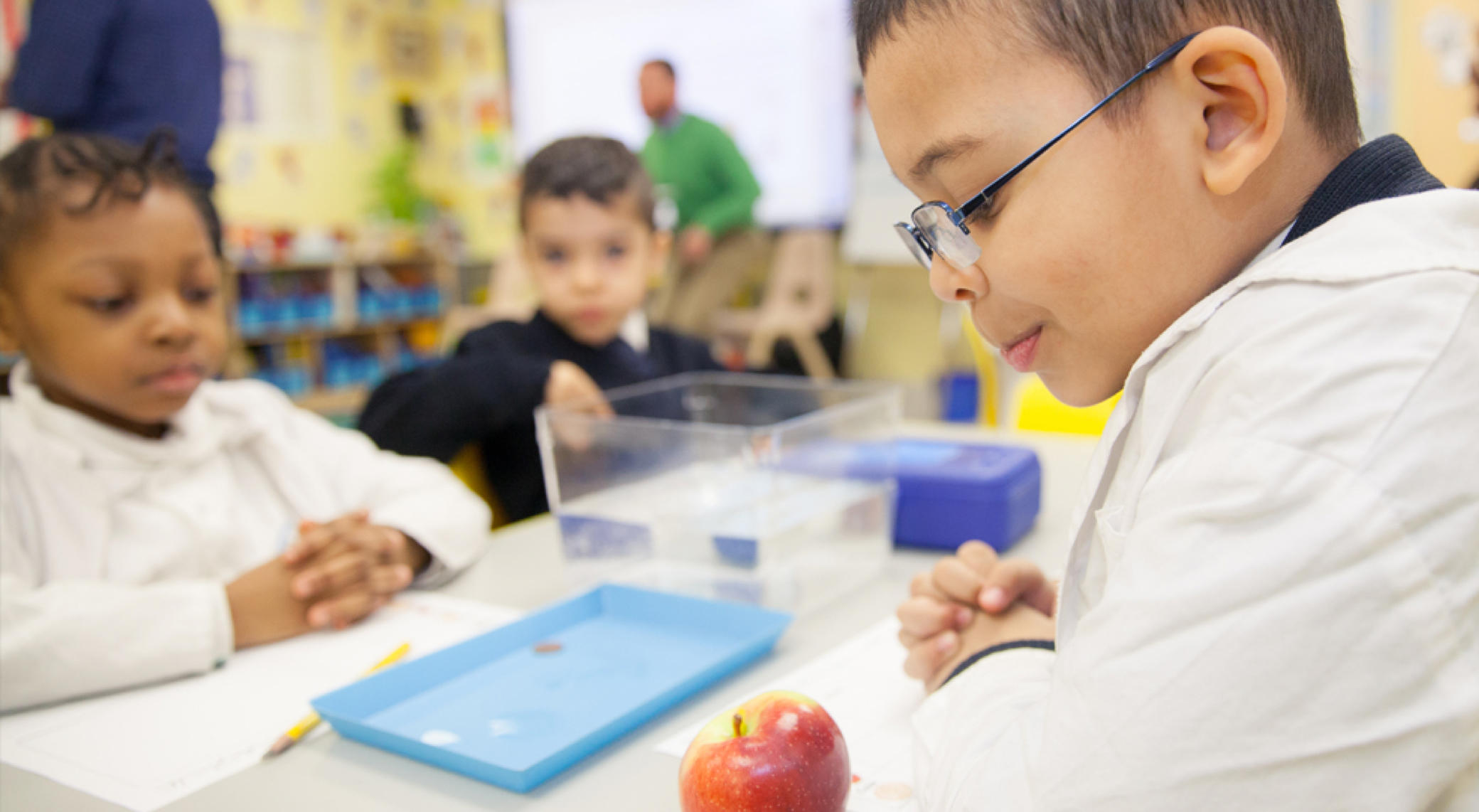
Parents talk about the ASD program
The Enrollment Process
Key Aspects of Our Programs
Smaller class sizes
Integrated Co-Teaching (ICT)
Two teachers per classroom
High expectations
Academic growth
Social emotional development
Autism best practices
Predictability and strong routines
Consistency in environments
Visual supports
Individualized, family centered planning
‘Social Club’
Small group social skills lessons
Led by Speech Language Pathologists (SLP)
Opportunities to practice through play
Social Thinking Curriculum
Parent Collaboration and Support
Regular parent events (social and educational)
Access to support from extensive Special Education Leadership Team